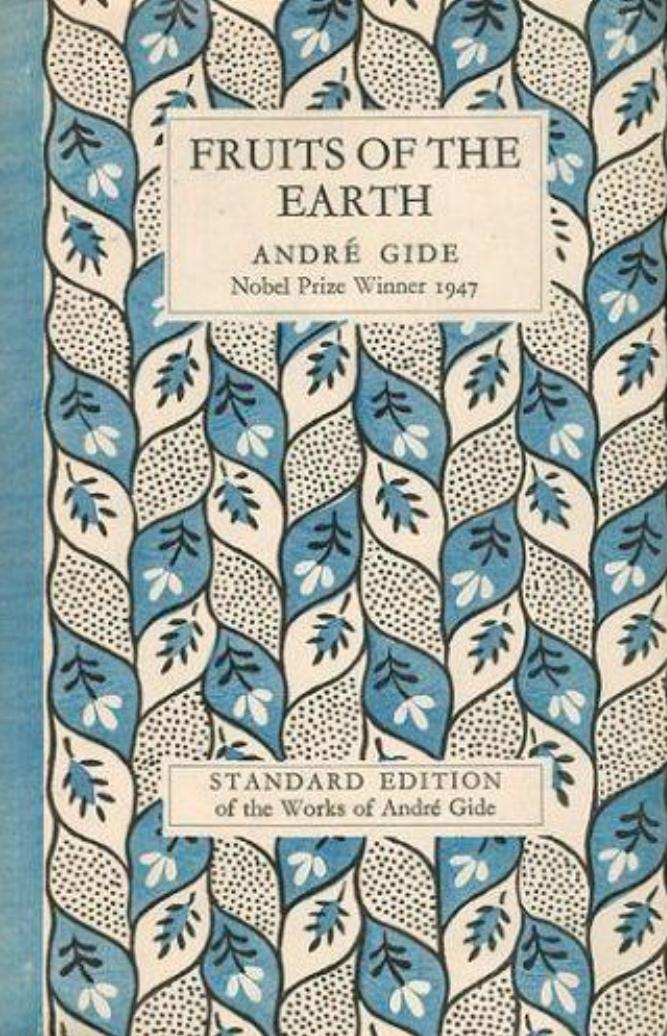

Most ebook files are in PDF format, so you can easily read them using various software such as Foxit Reader or directly on the Google Chrome browser.
Some ebook files are released by publishers in other formats such as .awz, .mobi, .epub, .fb2, etc. You may need to install specific software to read these formats on mobile/PC, such as Calibre.
Please read the tutorial at this link: https://ebookbell.com/faq
We offer FREE conversion to the popular formats you request; however, this may take some time. Therefore, right after payment, please email us, and we will try to provide the service as quickly as possible.
For some exceptional file formats or broken links (if any), please refrain from opening any disputes. Instead, email us first, and we will try to assist within a maximum of 6 hours.
EbookBell Team

5.0
60 reviewsThe Fruits of the Earth (French: Les nourritures terrestres) is a prose-poem by André Gide, published in France in 1897.
The book was written in 1895 (the year of Gide's marriage) and appeared in a review in 1896 before publication the next year. Gide admitted to the intellectual influence of Nietzsche's Thus Spoke Zarathustra but the true genesis was the author's own journey from the deforming influence of his puritanical religious upbringing to liberation in the arms of North African boys. Andre Maurois draws attention to the similarity of moral outlook between the two works in these words: "Like Thus Spake Zarathustra, Les Nourritures Terrestres is a gospel in the root sense of the word: glad tidings. Tidings about the meaning of life addressed to a dearly loved disciple whom Gide calls Nathanael. "Nathanael" comes from the Hebrew name נְתַנְאֵל, "Nethan'el", meaning "God has given".
The book has three characters: the narrator, the narrator's teacher, Menalque, and the young Nathanael. Menalque has two lessons to impart through the narrator. The first is to flee families, rules, stability. Gide himself suffered so much from "snug homes" that he harped on its dangers all his life. The second is to seek adventure, excess, fervor; one should loathe the lukewarm, security, all tempered feelings. "Not affection, Nathanael: love ..."
A subtly structured collection of lyrical fragments, reminiscences, poems, travel notes, and aphorisms, the book came to command such a following after World War I that Gide wrote a preface stressing the work's self-critical dimension. Nevertheless it influenced a generation of young writers, including the existentialists Albert Camus and Jean-Paul Sartre, to cast off all that is artificial or merely conventional. In Roger Martin du Gard’s The Thibaults, two of the main characters, Jacques Thibault and Daniel de Fontanin, are dee